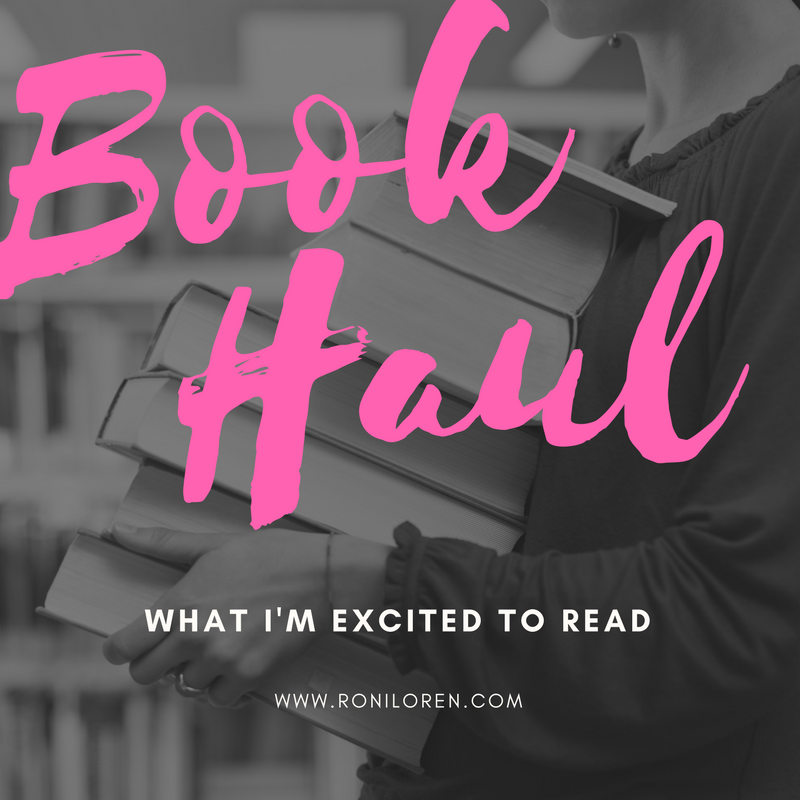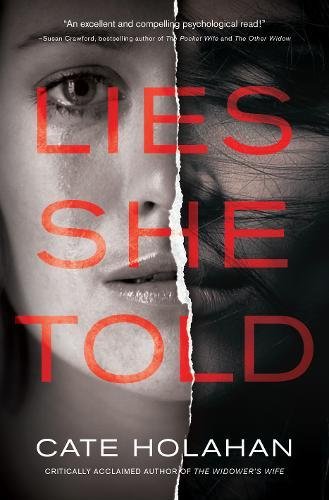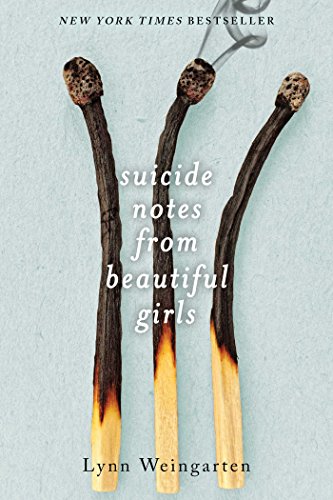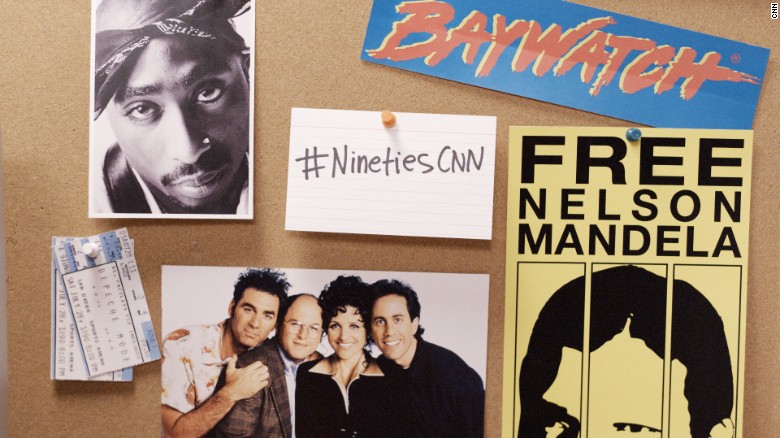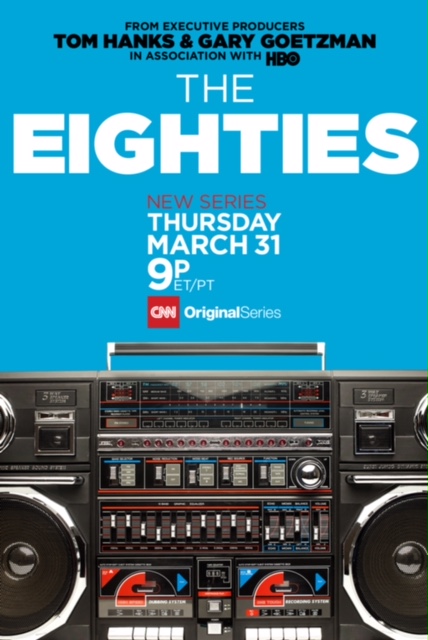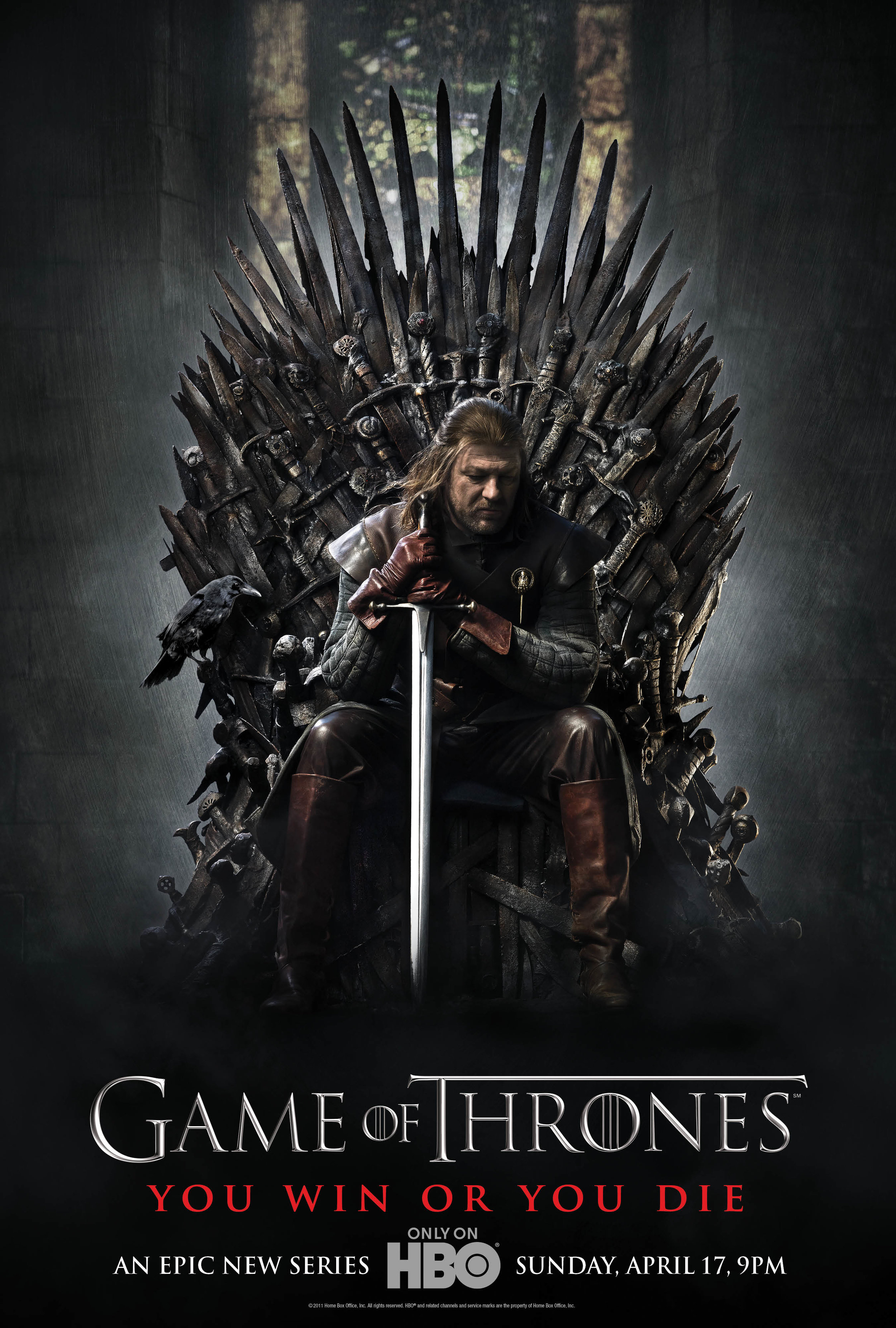If y'all know me at all, you know I love me a Gretchen Rubin book. Since The Happiness Project I have been a devoted fan. I've loved each one of her books and I regularly listen to her podcast. So, of course, when she released a new book this week about The Four Tendencies, I had it on pre-order and read it immediately.
If you're not familiar with Rubin's Four Tendencies, the concept was introduced in her book on habits, Better Than Before. It's basically a personality framework that divides people into four categories based on how they respond to inner and outer expectations.
The Four Types:
Upholders - Meet outer expectations (what other people expect you to do) and inner expectations (what goals you set for yourself) without much trouble. They thrive under routines and like structure. No one needs to remind them to get stuff done or hold them accountable. They'll just get it done. They can also be seen as uptight and rigid. Think Hermione in Harry Potter. (This is what I am.)
Questioners - Meet inner expectations but resist outer because they want an explanation. This is my husband. Why is that a rule? That makes no sense. I'm not doing that. So basically, they only meet outer expectations if they believe those expectations make sense to them. If not, good luck. (Since I'm a rule-follower, this can drive of us both crazy because we butt heads over this.)
Obligers - Meet outer expectations but resist inner. These are the people who will do anything for someone else, but when it comes to keeping their own goals, they struggle if they don't have some kind of outside accountability like a deadline or a buddy who is calling and checking on them. So if they have to meet a friend to run every morning, they go because they don't want to let their friend down and, therefore, can stick to the habit. But if they were going on a solo run and no one was paying attention whether they did it or not, they would struggle to keep the habit. (This type is highly represented among my friends and fellow writers. Those who are great at taking care of others but not so great at giving time/effort to themselves.)
Rebels - Resist both inner and outer expectations. "You can't make me and neither can I" is one of the mottos she lists for Rebels. Rebels don't like to be confined by any rules or expectations. Even if they want to do something, if someone tells them to, then they resist.
That's just a brief overview and you can take a quiz on her website to find out your type, but knowing what category you fall into can be surprisingly helpful when trying to set habits and stick to them. It also can help you deal better with people around you when you know your type and also know their type. The book goes into a lot more detail and has great information about how to deal with this at work, in relationships, and with your kids. I learned a lot of new tips and am trying to figure out what my kidlet's type is (I'm thinking Questioner.)
Also, I think this book helped clarify a lot because I thought I knew my type from the first book but after reading more in depth in this one, I realized I was wrong. I thought I might be a Rebel because as soon as I agree to something, I don't want to do it anymore. But I realized that rebellion is not why I'm resisting. I'm an Upholder, so my inner expectations trump outer expectations. So I don't want to do something when/if an outer expectation impedes on an inner expectation. Like if my habit is that every Sunday I go to the grocery store but then I have to go to a last minute event on Sunday during that time, I get annoyed and don't want to go because I don't like changes in my routine. (See, I'm an uptight Hermione.) But it also explains why I was that student who never had to be told to do her homework. I just did it. My parents didn't have to lean over my shoulder for anything. Neither did bosses in the working world. I also can set goals for myself that no one else knows about and stick to them (which is good since I'm a writer and no one is watching to make sure I do my work.) So it's a good thing (gets stuff done) but also bad (not so flexible).
So knowing this can help me check myself when I'm being too rigid or uptight about something. Or if my Questioner husband explains that "no, you don't have to follow those instructions exactly because this way is more efficient", I can hear him. Self-awareness is a good thing. ; )
So if you're a personality nerd like me and want to know where you fall on the scale and how to use it to your advantage, I highly recommend The Four Tendencies (and all of Gretchen Rubin's other books.)
About the book:
In this groundbreaking analysis of personality type, bestselling author of Better Than Before and The Happiness Project Gretchen Rubin reveals the one simple question that will transform what you do at home, at work, and in life.
During her multibook investigation into understanding human nature, Gretchen Rubin realized that by asking the seemingly dry question "How do I respond to expectations?" we gain explosive self-knowledge. She discovered that based on their answer, people fit into Four Tendencies: Upholders, Questioners, Obligers, and Rebels. Our Tendency shapes every aspect of our behavior, so using this framework allows us to make better decisions, meet deadlines, suffer less stress, and engage more effectively.
More than 600,000 people have taken her online quiz, and managers, doctors, teachers, spouses, and parents already use the framework to help people make significant, lasting change.
The Four Tendencies hold practical answers if you've ever thought...
· People can rely on me, but I can't rely on myself.
· How can I help someone to follow good advice?
· People say I ask too many questions.
· How do I work with someone who refuses to do what I ask—or who keeps telling me what to do?
With sharp insight, compelling research, and hilarious examples, The Four Tendencies will help you get happier, healthier, more productive, and more creative. It's far easier to succeed when you know what works for you.
So what do you think your type is?


